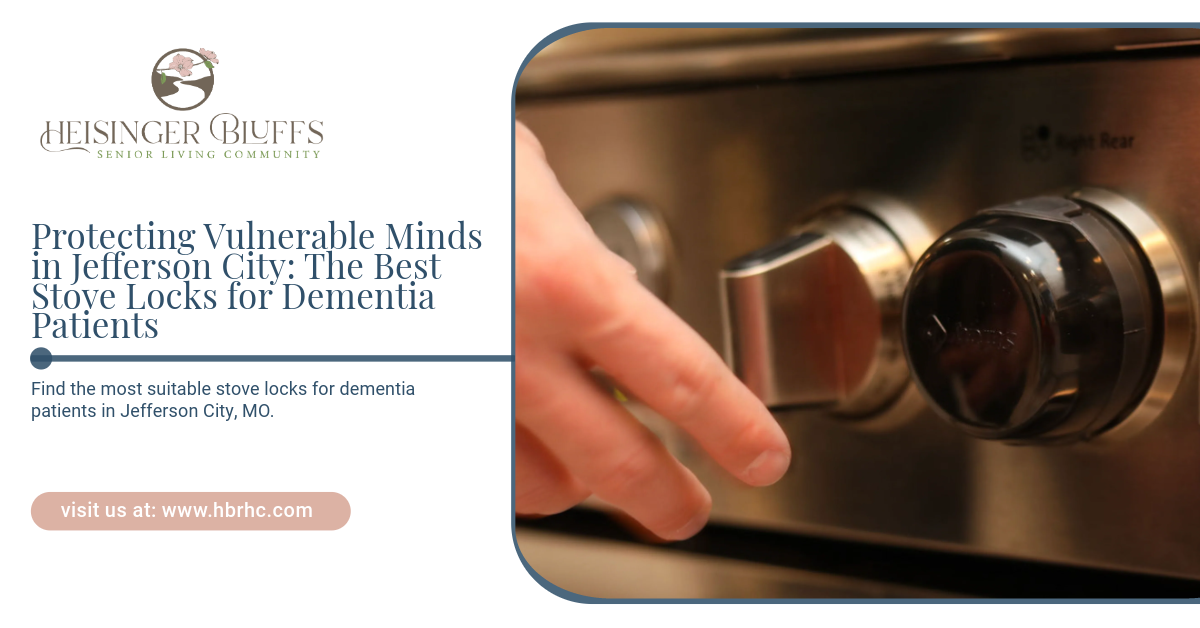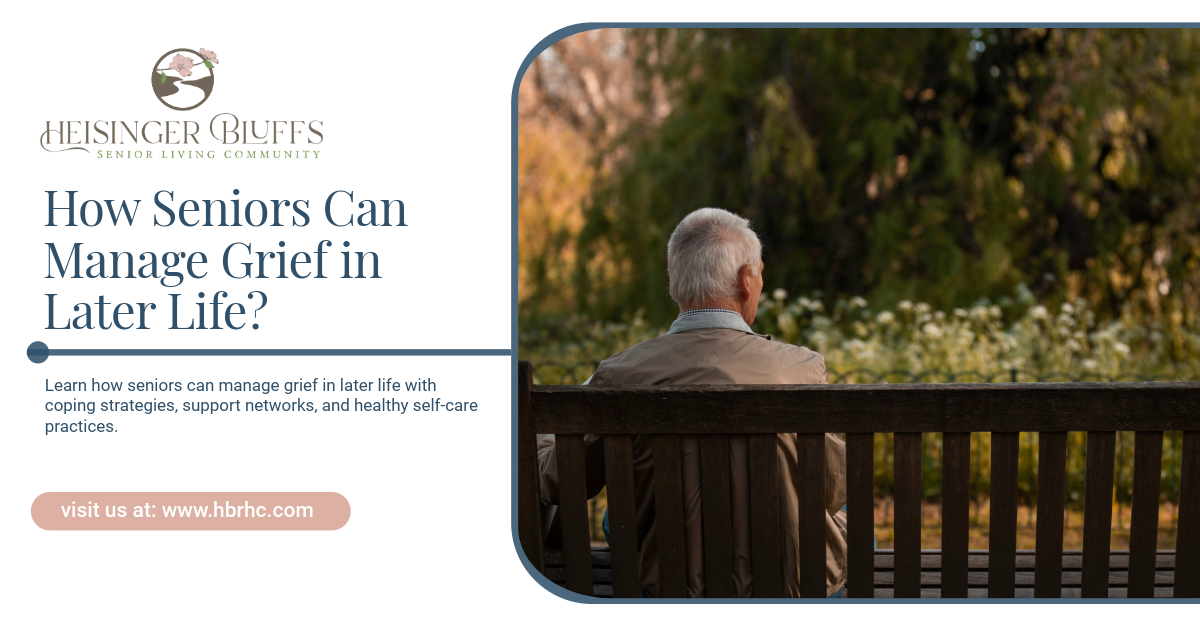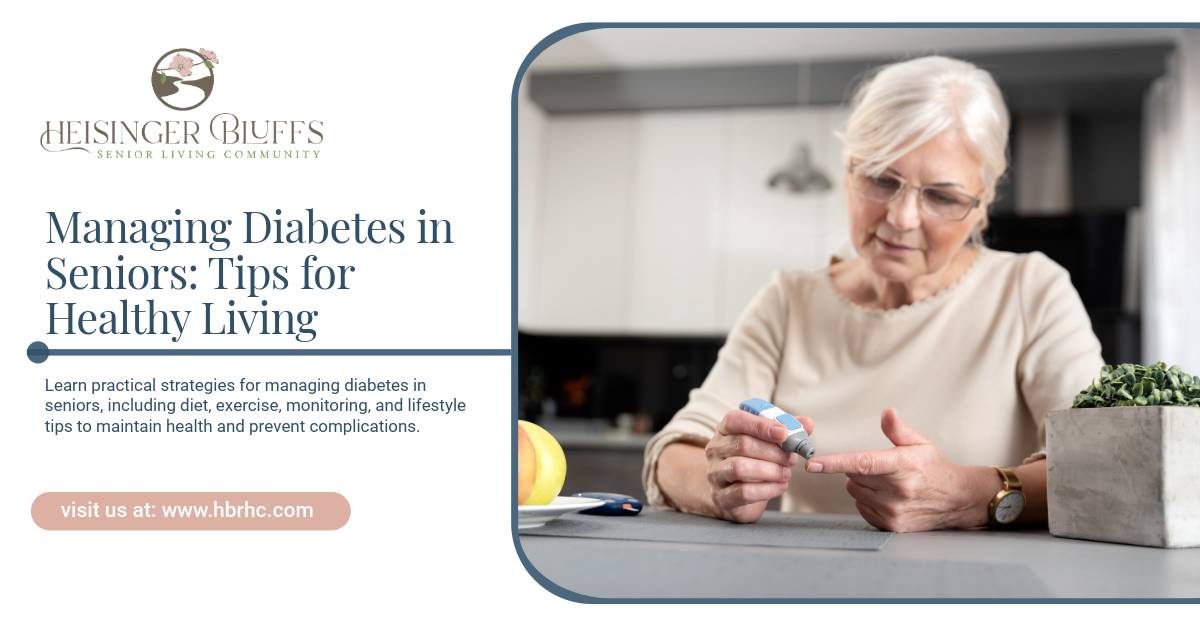The Best Stove Locks for Dementia Patients in Jefferson City

Key Highlights
- Individuals with dementia may inadvertently leave stoves on or misuse kitchen appliances, increasing the risk of fires and burns.
- Affordable and easy to install, these covers prevent accidental activation of stove burners.
- Provide higher security by requiring a key or specific mechanism to operate the stove, ideal for patients prone to tampering.
- Offer advanced safety by turning off the stove after a set period or when detecting dangerous conditions like smoke or gas leaks.
- Implementing smoke detectors, removing unnecessary appliances, and ensuring proper lighting can further enhance kitchen safety.
Understanding the Importance of Kitchen Safety for Dementia Patients
Dementia care presents unique challenges, particularly in maintaining a safe home environment. The kitchen, with its array of appliances, poses significant risks. Cognitive impairments can lead to behaviors such as forgetting to turn off the stove or misusing appliances, increasing the likelihood of accidents. Implementing appropriate safety measures is crucial to protect both the individual and their caregivers.
Effective Stove Safety Solutions
1. Stove Knob Covers
Stove knob covers are simple devices placed over existing stove knobs, making them difficult to turn without removing the cover.
Advantages:
- Cost-effective and easy to install
- Compatible with most gas and electric stoves
Disadvantages:
- May not deter individuals determined to remove them
- Less secure compared to other options
2. Stove Knob Locks
These locks replace standard stove knobs with versions that require a key or specific mechanism to operate.
Advantages:
- High level of security, reducing the risk of accidental stove activation
- Durable and tamper-resistant
Disadvantages:
- Caregivers must manage keys or unlocking tools
- Installation may be more complex
3. Automatic Stove Shut-Off Devices
Advanced devices that automatically turn off the stove after a predetermined time or upon detecting hazardous conditions.
Advantages:
- Provides peace of mind by preventing unattended stove use
- Some models offer remote alerts and monitoring
Disadvantages:
- Higher cost compared to other solutions
- Professional installation may be required
Additional Kitchen Safety Tips
- Install Smoke and Carbon Monoxide Detectors: Ensure detectors are functional and regularly tested to alert caregivers of potential dangers.
- Remove or Disable Unnecessary Appliances: Limiting access to seldom-used or potentially hazardous appliances can reduce risks.
- Improve Lighting: Well-lit kitchens help individuals with dementia navigate the space safely.
- Organize the Kitchen: Keep frequently used items within easy reach and store hazardous items out of sight.
Final Thoughts
Ensuring kitchen safety for individuals with dementia is a vital aspect of caregiving. By implementing appropriate stove locks and safety devices, caregivers can significantly reduce the risk of accidents and provide a secure environment.
At Heisinger Bluffs, we understand the complexities of dementia care and are committed to supporting families in creating safe, comfortable living spaces for their loved ones. Our senior living community in Jefferson City offers specialized memory care services tailored to individual needs. Contact us today!
Frequently Asked Questions
Can stove locks be used on both gas and electric stoves?
Yes, most stove locks are designed to be compatible with both gas and electric stoves. However, it's essential to verify the specific model of the lock to ensure it fits your stove type.
How do I know which stove lock is right for my loved one with dementia?
The best stove lock depends on the patient’s cognitive abilities and the level of supervision they require. Consider factors such as ease of use for caregivers, the patient’s ability to manipulate knobs, and the need for automatic shut-off features.
Are stove shut-off devices reliable?
Yes, stove shut-off devices are highly reliable and are one of the most effective ways to prevent accidents in the kitchen. They are particularly useful for patients with advanced dementia who may forget to turn off the stove.
Sources:
- https://pmc.ncbi.nlm.nih.gov/articles/PMC4104432/
- https://www.firstalert.com/us/en/products/alarms/combo-smoke-carbon-monoxide-alarms/
- https://www.fastcompany.com/91006809/10-most-dangerous-appliances-in-your-home-list-might-surprise-you











